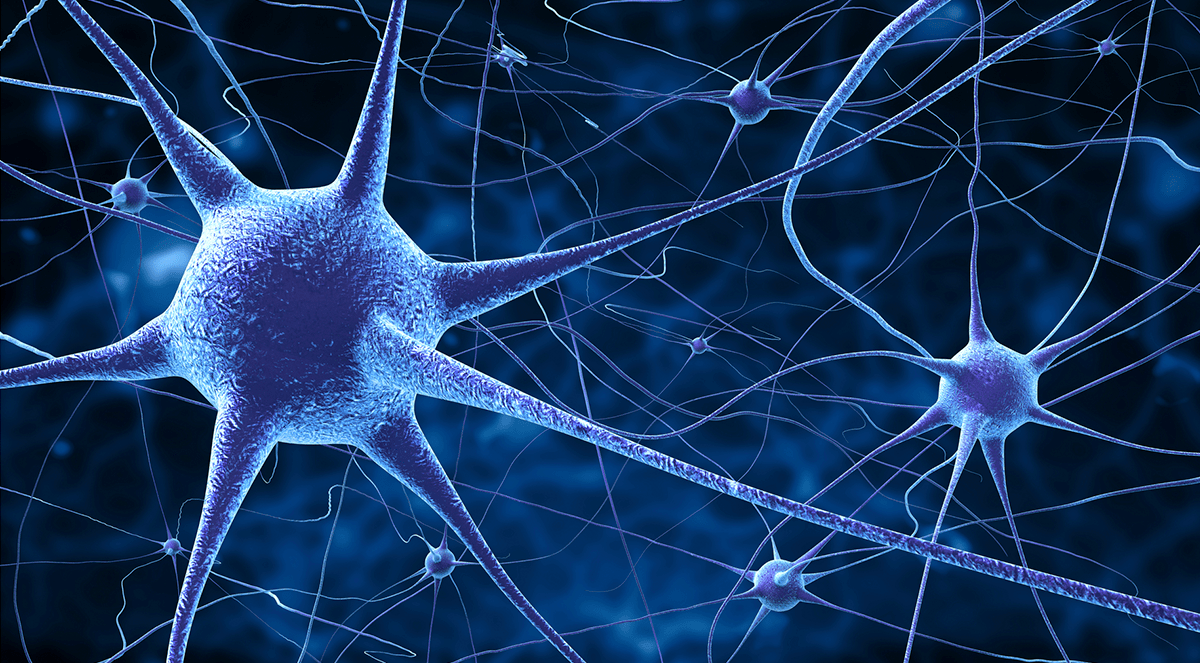Clinical trials have shown that treatment for attention deficit hyperactivity disorder (ADHD) is beneficial in children and adolescents who also have autism spectrum disorder (ASD); however, most current research is based on small clinical studies involving children and adolescents. Researchers evaluated whether persons with ADHD and comorbid ASD have different prescribing trends for ADHD medication than individuals with pure ADHD using register data. The Swedish Prescribed Drug Register and the National Patient Register provided information on filled prescriptions and diagnoses. The researchers found 34,374 people with pure ADHD and 5,012 people with ADHD and ASD between the ages of 3 and 80. During 3 years, the initial treatment episode with ADHD drugs ( ≥ two filled prescriptions within 90 days) and daily doses of methylphenidate were measured. The likelihood of being prescribed ADHD medication in people with and without ASD was assessed using odds ratios (ORs). The Wilcoxon rank-sum test compared group differences in a dose per day. Individuals with ADHD and ASD were less likely to begin continuous treatment with ADHD medication (ADHD 80.5%; ADHD with ASD 76.2%; OR, 0.80; 95% confidence interval, 0.75-0.86), were less likely to be prescribed methylphenidate and were more likely to be prescribed 2nd-line treatments like dexamphetamine, amphetamine, or modafinil. Atomoxetine showed no differences across groups. When compared with persons with pure ADHD, methylphenidate was prescribed in lower daily doses over 3 years in adults with ADHD and coexisting ASD. Individuals with and without ASD receive extra medical care, according to the research. Further investigation must be done whether these discrepancies are related to distinct drug reactions in ASD or other factors such as physicians’ perceptions of medication effects in ASD patients.


